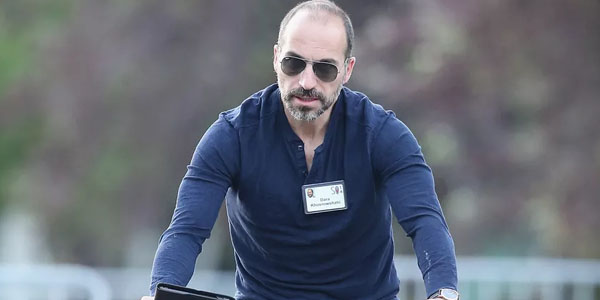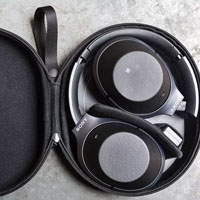Quick Bytes – Jan 19th: Uber Control Shifts With Softbank Deal

A look at the most interesting startup and business-related news stories of the week.
Uber control shifts with Softbank deal
 Quick Byte
Quick Byte
Accepting billions of dollars from Japanese telecom, Softbank, means that there will be board changes. The largest shareholder used to be VC firm, Benchmark and now that will soon shift to Softbank. Their “one share, one vote” rule of governance in the boardroom means that Travis Kalanick and Benchmark’s decision-making power will be reduced, with Softbank owning 15% of stock, Benchmark, 11%, and Kalanick 7%.
The Full Story
Uber’s board on Tuesday approved a series of governance changes that are expected to curtail Travis Kalanick’s power and pave the way for a massive investment by SoftBank, the Japanese investment giant that is set on acquiring a piece of the private market’s most valuable company.
The sweeping deal is provisional on SoftBank finalizing its investment, but would include expanding the 11 board seats to as many as 17 people, an enormous group of decision-makers for what is already a fraught board. That will include three independent directors voted on by the board, including a chairperson, and up to three seats for SoftBank, depending on the size of the investment. Read the Full Article Here
The market mess that is wireless headphones
 Quick Byte
Quick Byte
“Into the uncertain wilderness of wireless and digital connections, we go.” If CES is anything to go by, the future of headphones is wireless. Wireless compatibility is a big issue here. Bluetooth is fairly universal but has historically sacrificed sound quality for convenience. Other options that promise better sound mean that phone giants are going to go with different options, fragment the market and potentially limit compatibility across devices – always fun for consumers. This article from The Verge goes into better detail on the issues than space allows us to here.
The Full Story
At CES this year, I saw the future of headphones, and it was messy. Where we once had the solid reliability of a 3.5mm analog connector working with any jack shaped to receive it, there’s now a divergence of digital alternatives — Lightning or USB-C, depending on your choice of jack-less phone — and a bunch of wireless codecs and standards to keep track of. Oh, and Sony’s working hard on promoting a new 4.4mm Pentaconn connector as the next wired standard for dedicated audio lovers.
It’s all with the intent of making things better, but before we get to the better place, we’re going to spend an uncomfortable few months (or longer) in a fragmented market where you’ll have to do diligent research to make sure your next pair of headphones works with all the devices you already own. Read the Full Article Here
Display sound next wave of audio tech
 Quick Byte
Quick Byte
In other audio news, Google has bought a startup that could eliminate speakers in smartphones. Redux has reportedly developed technology that gives displays the ability to transmit sound by using surface vibrations to provide haptic feedback. How Google will initially use this technology to compete in the smartphone market is guesswork at the moment. Undoubtedly they’ll stay tight-lipped until we see a product reveal.
The Full Story
Alphabet Inc.’s Google quietly bought a startup last year that had been working on ways to make surfaces like smartphone displays into speakers.
The Cambridge, U.K-based company is called Redux and it boasted on its now-defunct website about tech it had developed that could eliminate the need for small speakers in mobile phones by giving their displays the ability to transmit sound.
That could free up space for batteries and other components in smartphones and other devices. Redux said on its LinkedIn page that it had amassed 178 patents for its work on sound and touch technology. Its focus was on markets that included computing, mobile, automotive and industrial controls. Read the Full Article Here
VCs by the numbers
 Quick Byte
Quick Byte
CB Insights and PwC have released a report on fourth quarter VC activity across the US. California remains firmly in the top spot claiming 40% of all venture capital investment. $8.9 billion was invested with Silicon Valley investments up 18%. New York state ranked second and attracted $2.8 billion in venture capital, with Massachusetts ranking third.
The Full Story
Looking for venture capital? You better cruise the streets of San Francisco and the boulevards of Silicon Valley.
California remains the number one place for venture capital activity with $8.9 billion invested in the state during the fourth quarter, according to the MoneyTree report released this month by CB Insights and PwC. In fact, the San Francisco region saw a whopping $5.1 billion invested into startups, a 23 percent increase in dollars invested. Nearby Silicon Valley — home to tech giants like Apple and Google and venture capital powerhouses like Benchmark and Andreessen Horowitz — saw investment totals increase to $2.6 billion, up 18 percent. Read the Full Article Here
COWORKING ACCELERATOR
Interested in taking your startup to the next level?
